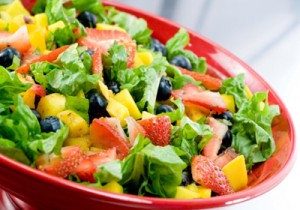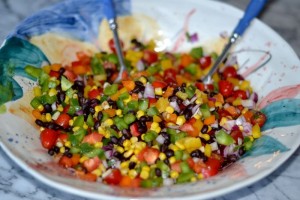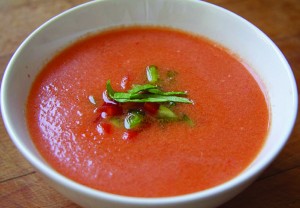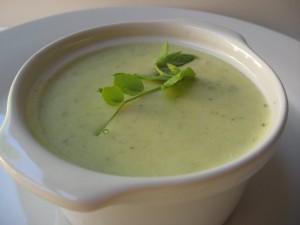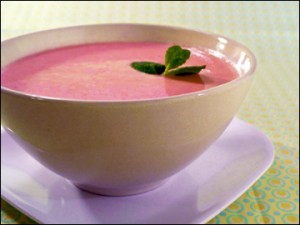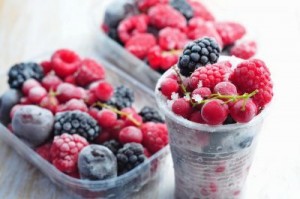Best Hydrating Foods for Health and Hair Benefits
Discover how you can use a fork or spoon to help get the fluid you need on hot summer days! Proper hydration aids in boosting health and promoting hair growth.
By: Denise Zingale, Owner / Master Hairdresser / EFT & Reiki Master Practitioner / CPT tel: (216) 292-4247
When it comes to staying hydrated, most people immediately think of drinking water, the body’s essential fluid. However, did you know you can also eat your way to better hydration? Many fruits and vegetables boast a high water content, often exceeding 85 percent. Consuming these hydrating foods can be especially beneficial on hot summer days, helping you maintain hydration levels alongside your regular fluid intake. Additionally, these water-rich fruits and veggies provide essential electrolytes, which your body loses through sweat, aiding in overall hydration and mineral balance.
Hydrating the body plays a crucial role in maintaining scalp and hair health as well as promoting hair growth. Here’s how:
- Moisture Retention: Proper hydration helps maintain the moisture balance in the scalp, preventing dryness and flakiness that can lead to dandruff.
- Nutrient Delivery: Water is essential for the efficient transport of nutrients to hair follicles. Well-nourished follicles produce healthier and stronger hair strands.
- Hair Growth: Adequate hydration supports the natural growth cycle of hair. Dehydration can lead to hair becoming brittle and more prone to breakage, which can impede growth.
- Scalp Health: A well-hydrated scalp is less likely to suffer from conditions like itchiness, irritation, and inflammation, creating a healthier environment for hair growth.
- Improved Hair Texture: Hydrated hair is more elastic and less likely to break or split, resulting in smoother and shinier hair.
By keeping your body well-hydrated, you ensure that your scalp and hair receive the necessary moisture and nutrients, fostering a healthier scalp and promoting robust hair growth.
Savor a Hydration-Boosting Menu ~ When the temperature soars, refresh your daily diet with these delicious ideas:
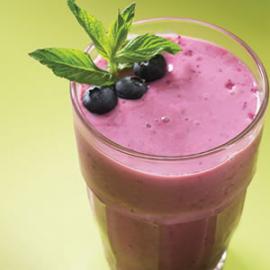 Berry-delicious smoothies. Add berries — fresh or frozen — to low-fat milk, almond or coconut milk.
Berry-delicious smoothies. Add berries — fresh or frozen — to low-fat milk, almond or coconut milk.
More hints on hydration ~
Perhaps you’re wondering, How much water do I need? Maybe you’ve heard it should be eight glasses a day. Actually, there’s no set amount that’s right for everyone. *Staying hydrated is important though so don’t wait until you are thirsty. Carry a refillable water bottle with you and sip from it throughout the day. (Be sure to wash your water bottle daily!)
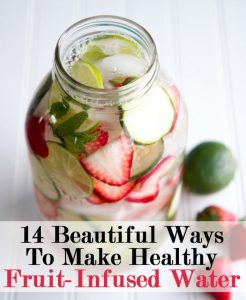
Bored with the same old water supply? Give it a twist with one of these Fruit-Infused Waters you can make at home!
Remember, heat can be a hazard!
To learn more about safety in hot weather, visit the Centers for Disease Control and Prevention website at cdc.gov. You can also check the weather and heat index in your area and see heat advisories at weather.gov. Pay extra special attention to older adults, individuals with health conditions, and young children during hot weather, ensuring they stay hydrated as they are at the highest risk for heat-related illnesses.
D’MAZ Lifestyle Salon Disclaimer: This article is provided solely for general information only. *Hydration needs can vary based on health conditions you have and medications you’re taking. It is in no way intended to diagnose, treat, or cure any type of health issues or problems and should not be depended upon as a substitute for any consultations with qualified health professionals. Always consult your doctor before beginning or changing any diet or exercise programs. ~ Denise Zingale, CPT

